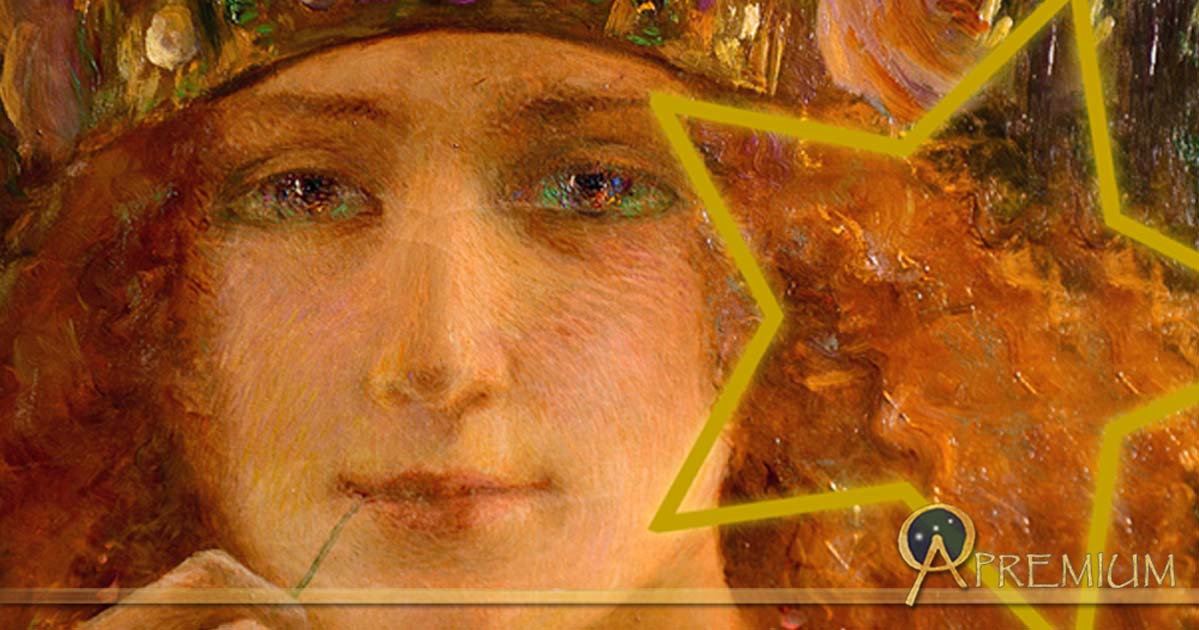Achieve Your “15 Minutes of Fame” & Ancient Lessons on How to be Famous: Celebrity Culture in the Ancient World
An early third century CE Greek inscription recovered from the ancient town of Oinoanda in southwest Turkey reveals that the Roman army relied on the services of Lucius Septimius Flavianus Flavillianus, a champion in wrestling and Pankraiton, to recruit new soldiers to the army. Much like celebrity endorsements familiar to us today, Lucius’ celebrity was able to drum up support and large numbers of volunteers as he eventually became a Roman military recruiter who identified and then transported new soldiers to the Syrian city of Heirapolis.

Pankraiton. The right boxer signals giving up by raising his finger high (c. 500 BC). (CC BY 2.5)
Many indications of a celebrity culture have existed since classical antiquity. The Ancient Greek and Roman world gave us many individuals who were celebrities in their day and whose careers provide us with what we recognize today as different aspects of the modern celebrity culture such as endorsements, groupies and ‘15 minutes of fame’ —albeit without the terminology. The price of fame in the ancient world is also surprisingly, and in some cases chillingly, similar with what we see today.
Hungry for Fame: Achieving Immortality through Celebrity
Although not everybody wants to be famous, it is still a natural human desire to receive, at least, some recognition for one’s talents and contributions. Greek mythology provides many examples of people who amplified this simple desire for recognition. In Homer’s Iliad, Achilles says that he was given the option between living a long but undistinguished life or a brief life that would give him a chance to achieve immortal glory. Achilles chose the second option— preferring to be a subject of song for all eternity.

The Triumph of Achilles (Public Domain)
However, a more subdued Achilles reappeared in Book 11 of Homer's Odyssey where Odysseus sails to the underworld and converses with the shades. One of these shades is Achilles who, when greeted as "blessed in life, blessed in death", responds bitterly that he would rather be a slave to the worst of masters than be king of all the dead.
Another hero, Ajax, is said to have been driven mad when he lost to Odysseus in a contest over who was the best fighter in the Greek army. Believing that he was avenging himself upon the judges of the contest, Ajax went on to slaughter a herd of cattle. Once he returned to his senses, the humiliated hero committed suicide by falling on his spear. Sophocles' play Ajax provides a minor variation of this: when Ajax came to his senses, covered in blood, he realized that what he had done had diminished his honor and decided that he preferred to kill himself rather than live in shame.

Suicide of Ajax the Great. The oldest known depiction of this motiv. Detail under the handle of a Corinthian black-figured column-krater known as the Eurytios Krater, ca. 600 BC. (Public Domain)
Celebrity and politics, with all its trappings of wealth, sex, and power, were intimately related to late Republican Rome. Julius Caesar was not shy about being the wealthiest and most powerful man of his generation. Evidently, his fame and fortune did no harm to his sex life as Curio the Elder described him as omnium mulierum virum et omnium virorum mulierem appellat (“every woman’s man, and every man’s woman”). Emperor Augustus, however, turned the fascination of the Roman public with his fame to his political advantage by exploiting his celebrity status to project the image of the quintessential public servant. His fame became a factor which enabled him to establish one of the most stable governments in the ancient world.
This FREE PREVIEW is just a taste of the great benefits you can find at Ancient Origins Premium.
Join us there ( with easy, instant access ) and reap the rewards: NO MORE ADS, NO POPUPS, GET FREE eBOOKS, JOIN WEBINARS, EXPEDITIONS, WIN GIFT GIVEAWAYS & more!
- Selling Sex: Wonder Woman and the Ancient Fantasy of Lady Warriors That Goes Back Millennia
- Robin Hood: Too Good to Be True - A Real Folk Hero or a Romantic Embellishment?
- The 17th Century Seer, Janet Douglas: Being A Gifted Child Isn’t Always A Good Thing
Martini Fisher is a Mythographer and Author. Her books include “Time Maps: Evolution of Languages and Writings”
Top Image: Helen of Troy; Deriv (Public Domain)




















